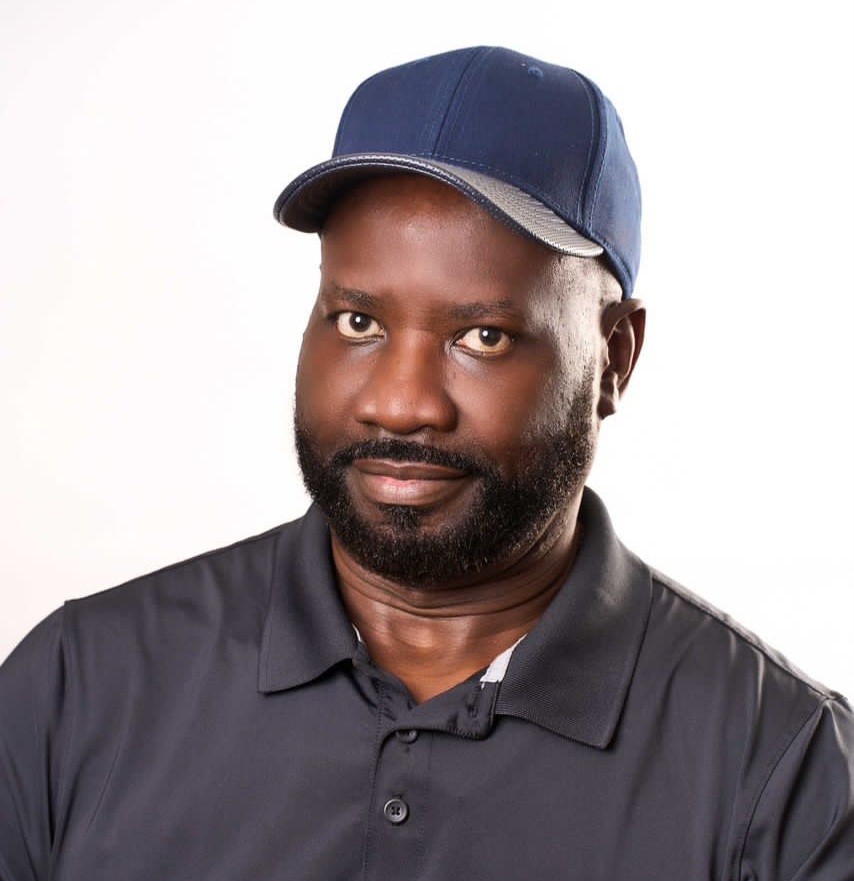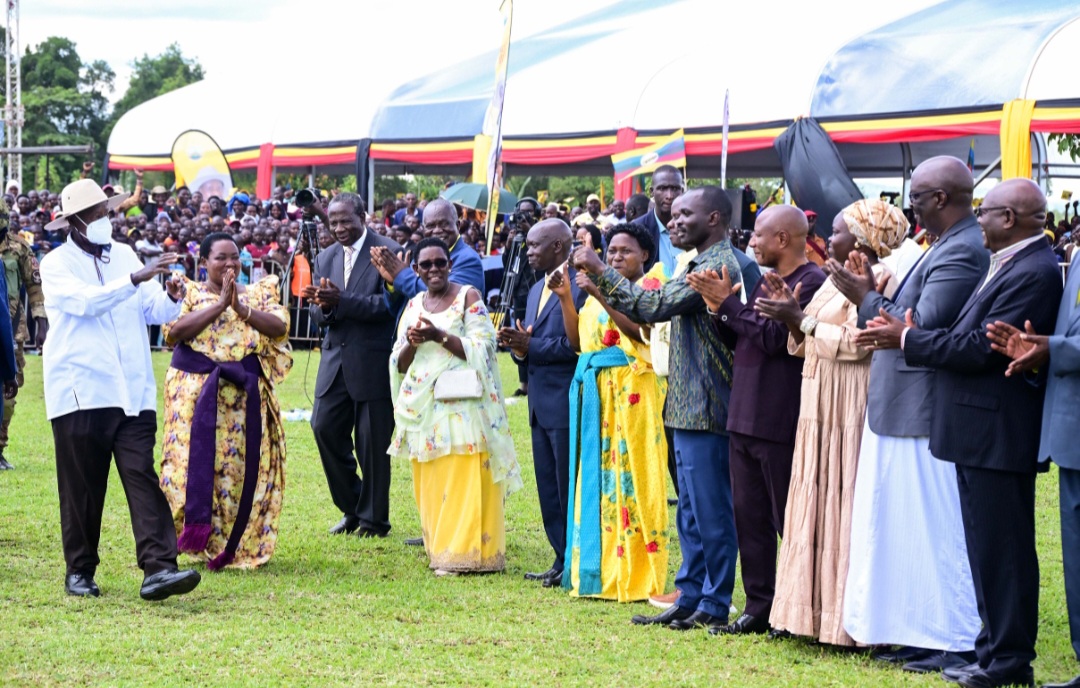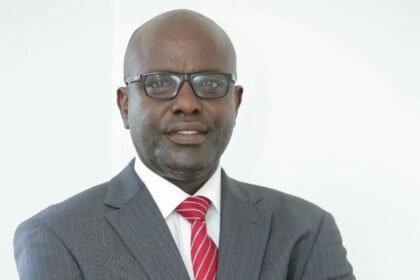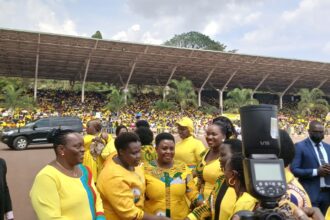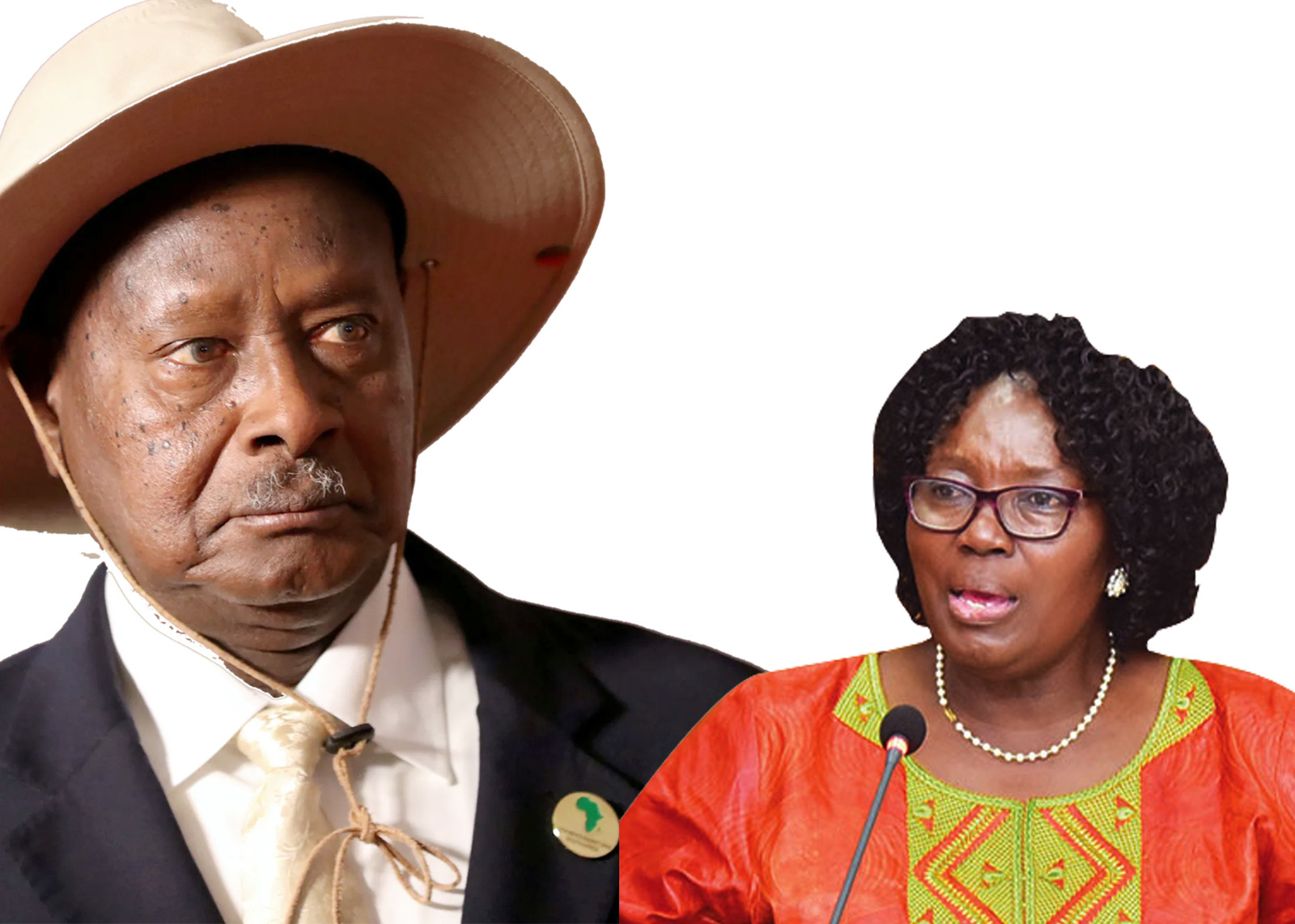A few weeks ago I watched a documentary about The Godfather movies. You may recall how this series of movies from the 1970s depicted the Corleone mafia family and was the starting point of great careers in acting for Al Pacino, Robert DeNiro, and a slew of secondary characters that would repeat in 45 years worth of organised crime movie fame. The movie series was loosely based on the Gambino crime family, but portrayed life in that world much to the satisfaction of many real life gangsters.
The movies portray a ruthless group of men for whom murder, extortion, and other unsavoury acts are part of daily life. The movies romanticize these traits in these men to the point that it makes the audience “root for the bad guys.” In the movies, they explore parallels between government officials and these ruthless killers.
There is a very thin line between official and unofficial criminal groups.
In the real world, there is a very thin line between official and unofficial criminal groups. Both will do whatever it takes to make sure they come out on top no matter what. They all want their ‘family name’ to represent something powerful in this world.
In fact, I think this is a trait echoed by most people: the ability to rationalize anything, including questionable acts. It is tough to do sometimes, particularly when we are faced with a choice that is life and death. And I’m speaking here about conscious choices; not those split second choices that might mean deciding whether or not to hit a tree or a person walking down the road with your out-of-control car. I’m talking about choices that require deeper conscious thought.
Our Police always portray themselves as protectors of the community, putting their best foot forward, just like the characters in The Godfather did. And while they claim to support the community, this can sometimes be a smokescreen behind which they commit acts of violence, extortion and other crimes that actually have very real victims.
Both the police and The Godfather’s Corleone family use a system of debts and favours to do business. They both are just ‘following the orders’ of their superiors – just doing their jobs, so to speak. But in some ways, they are very different. For instance, the organised criminals don’t go out looking for trouble in quite the same way that the police do. Organised criminals are more like firemen who stay at the station until there is a call and don’t tend to engage in petty crime. In this sense, the public doesn’t have to deal with the organised criminals on a constant basis. Not so with the police.
Furthermore, organised criminals tend not to discriminate between different classes or view ‘harassment’ as financially based, in many cases leaving ‘poor people’ alone or even helping them out to create loyalty and support amongst them.
You may be wondering about the point of these comparisons. It is really not to bring into the light and hold up as a beacon of hope for the ‘organised crime’ model. In fact, quite the opposite. The point is that it is hypocritical of us to say that one group of people is “good” and one is “bad.” The real point is that we must begin to see the inherent “bad” elements in the violence coming from the police in the same way that we perceive it in organised criminals.
People are willing to give the police a pass while chastising organised criminals, even while both groups routinely get away with murder. Police even have extortion rackets, protection rackets, and have a code of silence they employ to protect their members from being prosecuted for their crimes – all similar approaches that organised criminals take. The only difference is that the police generally get away with it.
Why is it okay to break some laws while enforcing others?
So why is it okay to break some laws while enforcing others? In the end it seems that both organised criminals and the police want respect that is not earned through positive interactions with the community, but rather through behind the scenes actions and violence.
And when Don Corleone asks in the film – ‘What have I ever done to make you treat me so disrespectfully?’ We realise that the power he wields is not about respect at all, it is about fear. This is the same way in which police wield power over our communities and continue to exploit criminal channels from within the ‘police family’.
Richard Musaazi
Digital forensics investigator
www.richardspi.com
Do you have a story in your community or an opinion to share with us: Email us at Submit an Article



